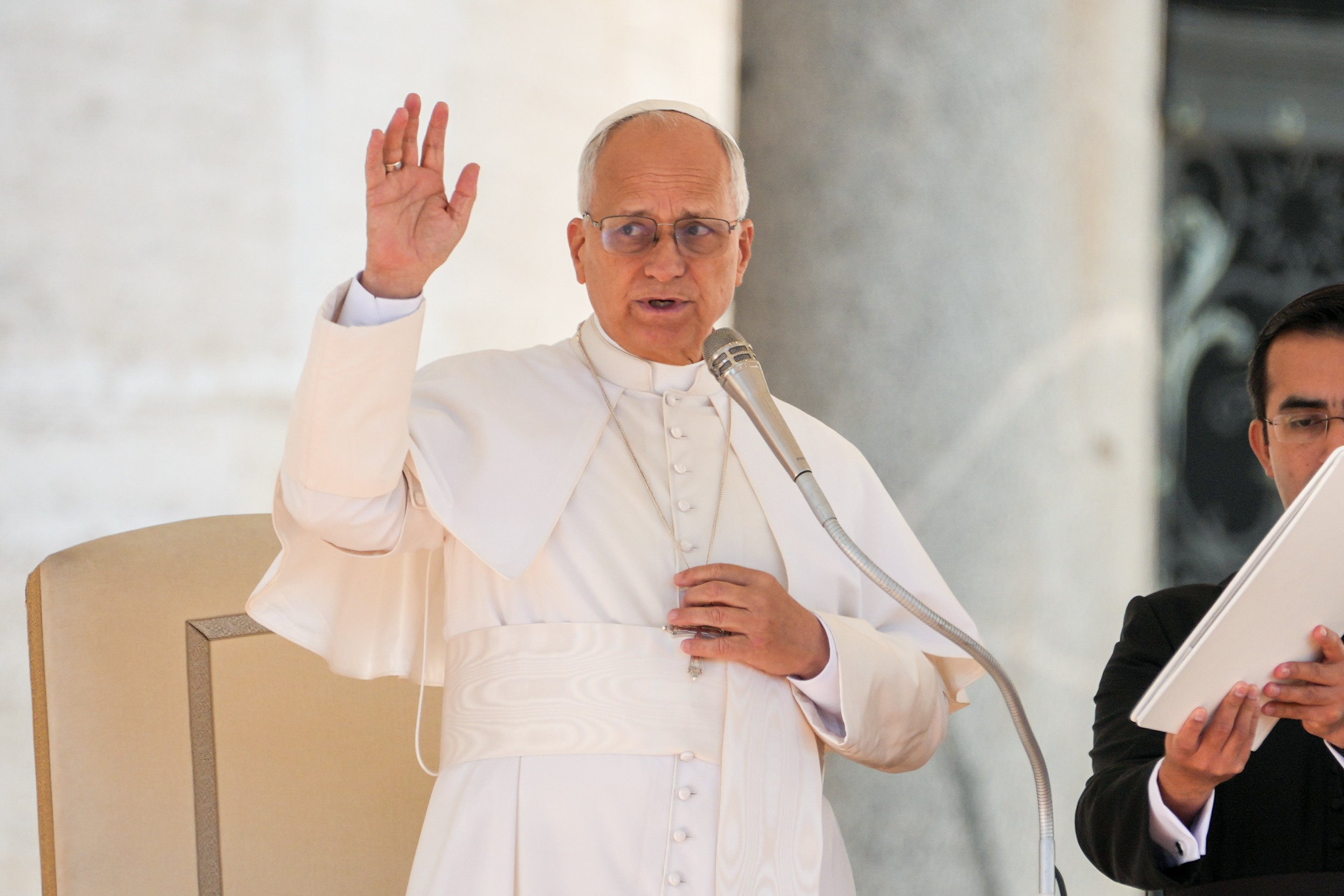April 6, 2018 at 1:53 p.m.
WORD OF FAITH
All about the afterlife
'Let everyone who hears say, "Come." And let everyone who is thirsty come. Let anyone who wishes take the water of life as a gift...' -- Revelation 22:17
One of the things about which I was certain as a child were the events that were going to kick in the moment I'd die. The catechism was black and white on the issue, and, one way or another, our religion teachers constantly reminded us of it.
First, at the moment of death, each person would undergo a "particular judgment." God would personally evaluate us on how we'd lived our lives. Three options were on the table: heaven, hell or purgatory.
Though we preferred heaven, we presumed none of us were instantly worthy of such a place. We were simply content to avoid hell and be assigned to purgatory. We were warned we'd have to suffer the same tortures as hell, but, unlike hell, they'd eventually end -- quicker, if our friends and relatives said a lot of indulgenced prayers for us or paid to have Masses said for the repose of our souls.
Next, when the world finally ends and the risen Jesus returns in the Parousia, there will be a "general judgment" (Revelation 22:12-14,16-17,20). Purgatory will be taken off the table. Only heaven and hell will remain. Everyone who ever lived will be judged, even those who already went through a particular judgment.
Next stop, heaven
Of course, those who had previously been sent to purgatory will now be sent to heaven to join all the other saints in praising God forever. Such a general judgment will give an opportunity for everyone to join in the glory and shame of those who had either lived their lives correctly or had really messed them up.
Though this two-judgment scenario is tight and tidy, nowhere is it found as such in Scripture. The earliest Christian belief in what happens after we die is in I Thessalonians 4: Paul states his belief that we simply stay in our graves until the Parousia when Jesus comes to take us with Him to heaven. No judgment seems to happen before Jesus' Second Coming.
Neither Mark nor Matthew seem to have anything in their Gospels which would contradict Paul's belief. Only after several generations, when a delayed Parousia becomes a problem, does staying in one's grave for that length of time also become a problem.
That seems to be where Luke -- and Sunday's first reading (Acts 7:55-60) -- comes in. Notice what happens as Stephen is dying: "Filled with the Holy Spirit, [he] looked up intently to heaven and saw the glory of God and Jesus standing at the right hand of God."
Straight up
Then, at the point of death, Stephen calls out, "Lord Jesus, receive my spirit." No grave, no delay: Stephen instantly experiences his "personal Parousia." There's no reason to have a later judgment; everything's taken care of at the moment of death.
Scholars point out that John carries Luke's theology one step further, as we hear in Sunday's Gospel (John 17:20-26). John believes in "realized eschatology:" in other words, what we're expecting in the future, we already have right here and now.
Those who think we're only going to be "one with the Father" in heaven must realize that anyone who is already one with Jesus in his or her present life is already one with the Father in this present life. We don't have to wait until our physical deaths to experience that part of heaven.
It's clear that ideas about the afterlife evolve throughout the Christian Scriptures.[[In-content Ad]]
SOCIAL MEDIA
OSV NEWS
- US bishops celebrate Mass to ‘beg the Holy Spirit to inspire’ their fall assembly
- As deal to end shutdown advances, Catholic groups urge action on health insurance costs
- Texans vote overwhelmingly to enshrine parental rights in state constitution
- Supreme Court declines Kim Davis case seeking to overturn same-sex marriage ruling
- ‘Do you love Jesus more than your political opinion?’: Bishop Tyson says the church faces a test
- Vatican says Swiss Guards investigating alleged antisemitic gesture
- Bishop: Survival of Christian communities in Nigeria depends on security, justice
- Pope asks for extra care when using AI in medicine
- Pope holds long meeting with Belgian abuse survivors
- Delegation of top prelates, lay activists gives Brazil church strong presence at COP30







Comments:
You must login to comment.